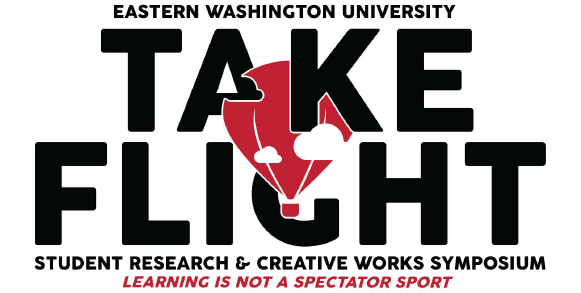An Interpretation and Application of Paulo Freire's 'A Pedagogy of the Oppressed': How We Can Educate Ourselves Against Oppression
Faculty Mentor
Terrance Macmullan
Document Type
Oral Presentation
Start Date
10-5-2023 12:00 PM
End Date
10-5-2023 12:20 PM
Location
PUB 323
Department
Philosophy
Abstract
Paulo Freire was heavily inspired by religion. He was part of The Council of Churches and helped to inspire and influence the movement of liberation theology. Christianity was a large “why” for many of the purposes and activities in his life. This is reflected in his work “Pedagogy of the Oppressed”; he uses Christian references, metaphysics, and epistemology to support his philosophical thought. The most important of which, The Word, which to him is synonymous with praxis, is the act of both action and reflection while also being dialogue and dialectic. To Freire, the word and the act of naming the world is part of what it means to be human. Adam, who named every beast and creature, would have been the first to praxis, to use the word, to name and talk with God: the ultimate dialectic with reality. He uses this Christian metaphysics and liberatory application of praxis to pave an education-based path toward a more equal and just society and a more fully self-actualized individual. By applying his theories, we can make the education system one where the individual is capable of liberating themselves from the oppressive limits set by society, culture, and others. We will also be able to liberate our fellow man along with our oppressors (who are just as trapped in a cycle of oppression as the oppressed). A pedagogy made for and by the people it serves is the only way to true liberation and equality in society and a civilization that strives for justice and fairness.
Recommended Citation
Kunde, Mason, "An Interpretation and Application of Paulo Freire's 'A Pedagogy of the Oppressed': How We Can Educate Ourselves Against Oppression" (2023). 2023 Symposium. 7.
https://dc.ewu.edu/srcw_2023/res_2023/os4_2023/7
Creative Commons License

This work is licensed under a Creative Commons Attribution-NonCommercial-No Derivative Works 4.0 International License.
An Interpretation and Application of Paulo Freire's 'A Pedagogy of the Oppressed': How We Can Educate Ourselves Against Oppression
PUB 323
Paulo Freire was heavily inspired by religion. He was part of The Council of Churches and helped to inspire and influence the movement of liberation theology. Christianity was a large “why” for many of the purposes and activities in his life. This is reflected in his work “Pedagogy of the Oppressed”; he uses Christian references, metaphysics, and epistemology to support his philosophical thought. The most important of which, The Word, which to him is synonymous with praxis, is the act of both action and reflection while also being dialogue and dialectic. To Freire, the word and the act of naming the world is part of what it means to be human. Adam, who named every beast and creature, would have been the first to praxis, to use the word, to name and talk with God: the ultimate dialectic with reality. He uses this Christian metaphysics and liberatory application of praxis to pave an education-based path toward a more equal and just society and a more fully self-actualized individual. By applying his theories, we can make the education system one where the individual is capable of liberating themselves from the oppressive limits set by society, culture, and others. We will also be able to liberate our fellow man along with our oppressors (who are just as trapped in a cycle of oppression as the oppressed). A pedagogy made for and by the people it serves is the only way to true liberation and equality in society and a civilization that strives for justice and fairness.


